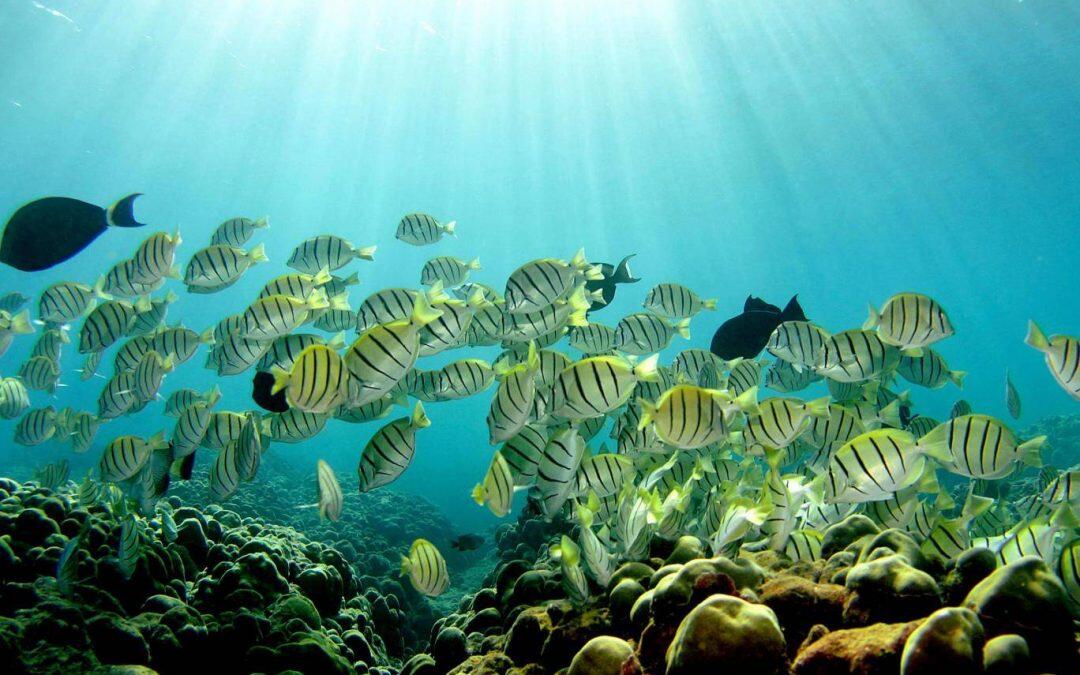The discovery of around 100 thriving reefs that could promote recovery of the Great Barrier Reef have provided a glimmer of hope for its survival.
In recent years, scientists’ warnings about the Great Barrier Reef have become increasingly bleak as the threat posed to this precious ecosystem becomes more apparent.
Last year a study warned of the “largest die-off of corals ever recorded” when researchers found two thirds of the shallow water coral they surveyed had fallen victim to coral bleaching, a phenomenon exacerbated by global warming.
But there is still hope for the Great Barrier Reef, and in this new study, published in the journal PLOS Biology, a research team has identified a handful of reefs with the capacity to return it to its former glory.
“Finding these 100 reefs is a little like revealing the cardiovascular system of the Great Barrier Reef,” said coral reef ecologist Professor Peter Mumby, one of the authors of the PLOS Biology study.
Instead of pumping blood around the body, these reefs are providing many of the 3800 reefs that makes up the entire system with coral larvae. Larvae are like the seeds required for a new coral reef to grow.
The coral in the regions identified are healthy, as the areas are relatively cool and therefore protected from coral bleaching. This means they are able to produce large amounts of larvae.
Because they are well-connected to other reefs by ocean currents, the 100 reefs have the potential to supply almost half of the entire ecosystem with larvae.
Another key attribute of these reefs is the fact that they do not act as harbours for the crown-of-thorns starfish. These starfish consume coral, and outbreaks of them have played a significant role in the decline of the Great Barrier Reef.
Any reef that is acting as a supplier of coral larvae, therefore, must not also act as a distributer of starfish larvae.
“What this is showing is that reefs are more resilient than we thought,” said Professor John Bythell, a coral researcher at Newcastle University who was not involved in the study.
However, both Professor Bythell and the study’s authors warn that there is still no room for complacency when it comes to coral conservation.
“Unfortunately, these findings by no means suggest that the Great Barrier Reef corals are safe and in great condition, and that there are no reasons for concern,” said the paper’s lead author Dr Karlo Hock.
Besides acting to mitigate climate change, this research suggests that the focus of past reef conservation might have been misplaced.
“Historically there tends to have been a lot of focus on the pristine, beautiful reefs that everyone goes to dive on,” said Professor Bythell. This paper, he said, could provide a new focus.
“They have specifically identified these 100 source reefs that should be the focus of protection,” he said.
Source: https://ind.pn/2ikJcqT











